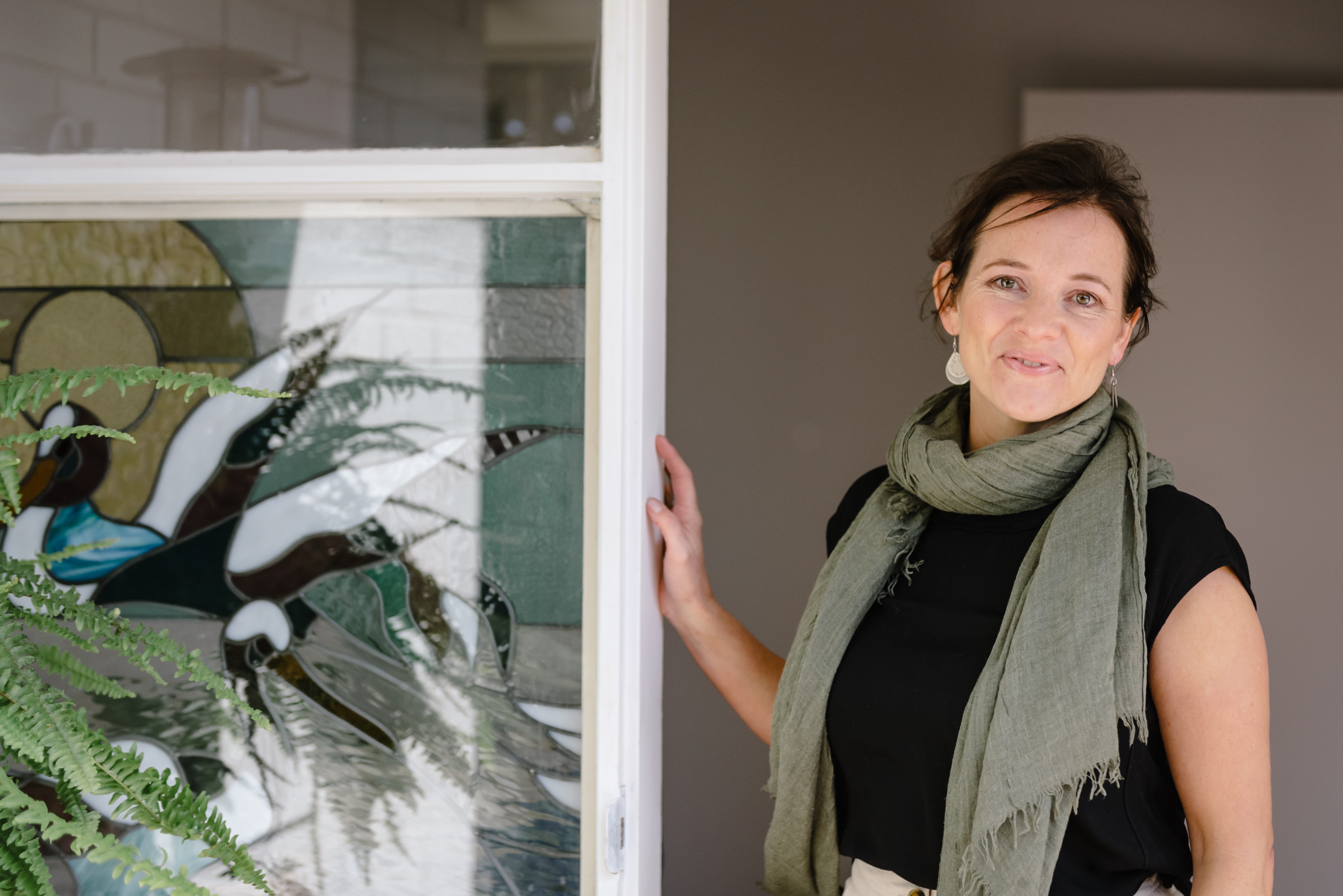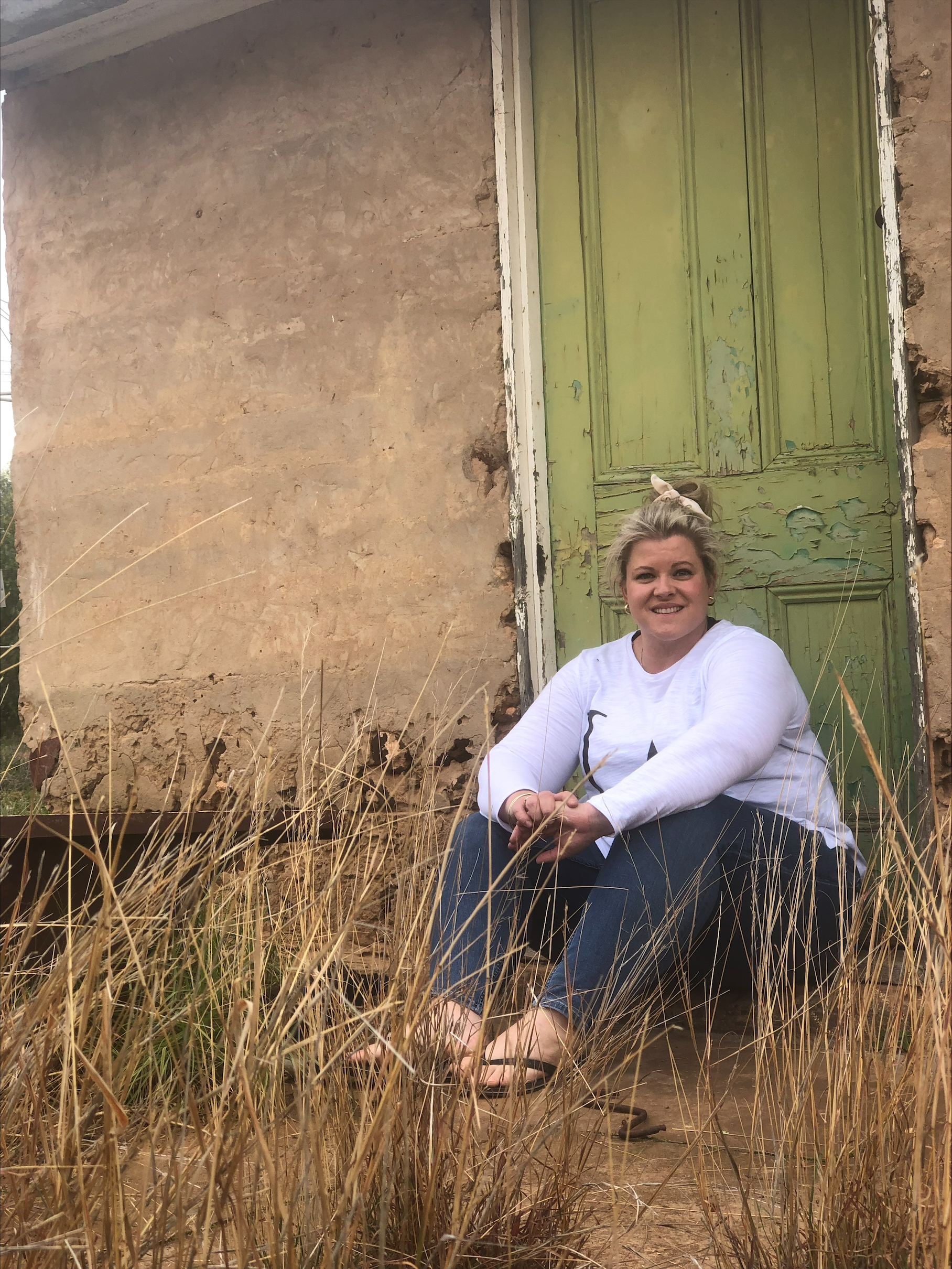Mindfulness and Breathwork for Stress Reduction

We are thrilled to have Kate Wilson, Contract Administrator on our FM South East Water contract, share with us some simple wellness techniques.
Outside of Programmed, Kate is a qualified and certified Naturopath, Nutritionist, Herbalist, Meditation, Mindfulness and Pranayama Breathwork Teacher.
Kate has a passion for public speaking and facilitating health and wellness change in the workplace, recognising the direct impact of employee mental, physical and emotional wellbeing on business and workplace culture.
By sharing simple wellness techniques such as mindfulness, meditation and breathwork, we can support each other to better health and greater happiness in and outside of the workplace.
At work, Kate facilitates our Mindfulness and Breathwork for Stress Reduction sessions for Programmed, outlining some simple techniques to add to your “well-being toolbox” to support you in your everyday lives. Not only can a regular mindfulness practice reduce stress and anxiety, but it can relieve chronic pain, improve sleep and calms the body, not bad for an investment of a couple of minutes a day!
Thanks, Kate!
Kate’s Tips on Mindfulness and Breathwork for stress Reduction.
Mindfulness at Work
There are many ways to incorporate mindfulness in your daily routine, and I encourage people to look for ways to embrace mindfulness within your workplace and within the context of your own work environment.
As you familiarize yourself with some of the mindfulness practices below – start to think about how you can include these practices throughout your day, drawing on them as ‘tools’ to help you be calmer, clearer, more focused, and less stressed.
You could try setting a reminder once an hour, practice before you eat lunch, before you drink a cup of tea before you make a phone call or join a meeting.
Research studies are overwhelmingly in favour of using mindfulness based activities to help prevent burn out, reduce anxiety and depression. Why not commit to a daily practice of 2-5 minutes for 21 days and see the effects for yourself?
Mindful Listening
Start by uncrossing your legs and placing your feet flat on the floor. Adjust your posture so that your spine is long and tall. Roll your shoulders back and down away from your ears, and relax the jaw and forehead. With your eyes gently closed or adopting a soft gaze on the floor, gently bring your attention to your ears and your sense of sound. Listening for sounds inside and then outside of the room. Each time you notice that your mind has wandered, gently bring your attention back to the listening – like an anchor.
Practice for 2-5 minutes
Mindful Breathing
Check in with your posture as instructed above, and then gently bring your attention to your breath as it flows in and out of the nostrils. Notice how the air moves into the body, any sensations around the nose or the temperature of the air. Each time you notice that your mind has wandered, simply let the thought go and bring your attention back to the inhale and the exhale. You can also choose to follow the breath into the belly or chest, observing the movement of the body when you inhale and exhale. The rise and fall of the chest or belly.
Practice for 2-5 minutes
Mindful Movement
Once again, check in with your posture and close down your eyes. Slowly begin to move your head toward the right shoulder as if looking toward the wall on the side of the room. The idea is to move your head as slowly as you can. When you reach the limit on your right, then begin to slowly move your head over toward the left shoulder - as slowly as you can. If thoughts begin to creep in – then gently bring your attention back to the slow movement of the head. The movement is the anchor to bring you back from your wandering mind.
Practice for 2-5 minutes

If you are interested in learning simple mindfulness and breathwork strategies for stress reduction, then please check out the Programmed Learning Library for updates on dates and times.

